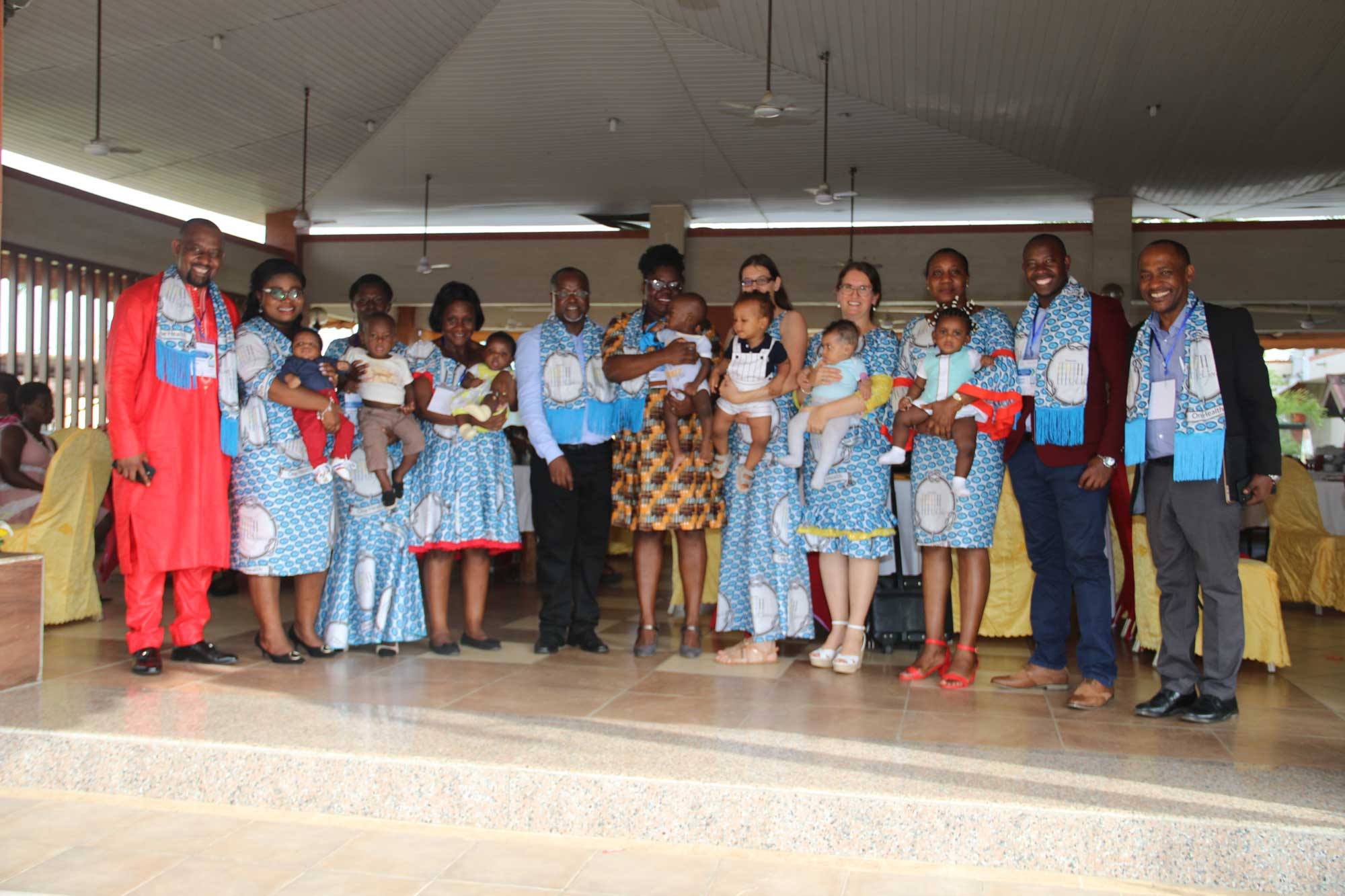On this International Day of Women and Girls in Science, Afrique One-ASPIRE (AOA) has decided to highlight the place of women and girls in its research programme.
Women have a special place in the programme. The percentages and the accompanying measures bear witness to this.
Regarding the statistics, the programme’s coordination team has thirteen (13) members, six (6) of them women, which corresponds to 46.15% of the workforce. Afrique One-ASPIRE has five (5) training programmes piloted by ten (10) Post-docs – five (5) of them are women (50%). About 40% of the fellows in the programme are women scientists. In fact, 28 out of the 72 fellows in the programme are women. From the above figures, women reach a rate of 45% in the AOA program. This is the highest rate since the start of the programme.
Knowing that the responsibility for childcare is considered a major factor contributing to the lack of visibility of women in research and the academic world, the program has set up specific support measures. These facilitate the mobility of women to take part in conferences and training workshops.
As part of the DELTAS subsidy conditions, a policy was developed to meet the needs of nursing mothers. Travel costs for nursing mothers and their babies to attend workshops / conferences are covered in addition to paid on-site nanny service. Talks with women fellows showed: (i) appreciation of a program meeting mother-scientists most urgent needs; (ii) relief from the fact that breastfeeding a baby did not have the effect of excluding them from research and fellowship training programs and (iii) the feeling of empowerment to pursue their career in science.
About Afrique One-ASPIRE
The African Science Partnership for Intervention Research Excellence (Afrique One-ASPIRE), is a pan-African research consortium for capacity building in “One Health”. Collaborating with 21 institutions from 14 African and European countries, its research focuses on ecosystem and population health by broadening disciplinary, sectoral, linguistic, cultural and geographic boundaries. With nearly 72 Postdocs, PhD and Master students, AOA conducts interdisciplinary and transdisciplinary research on diseases at the human-animal-environment interface (zoonoses) and Neglected Tropical diseases.


